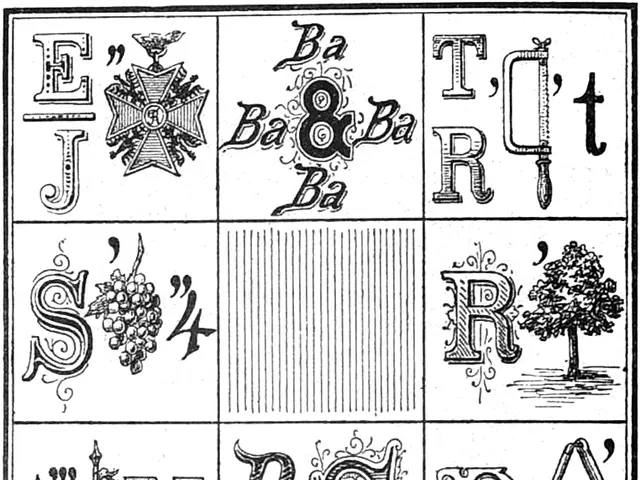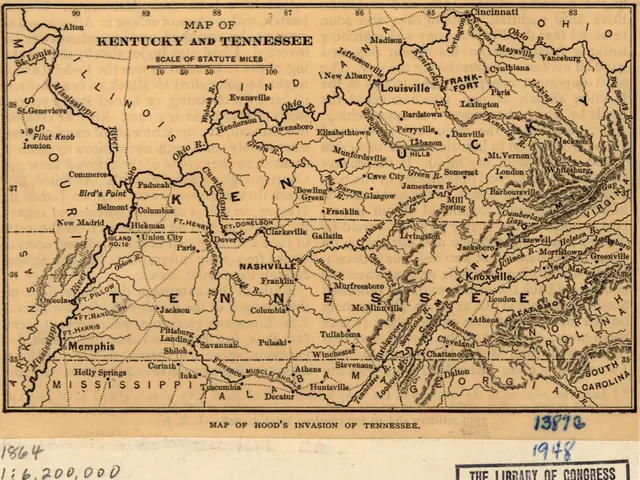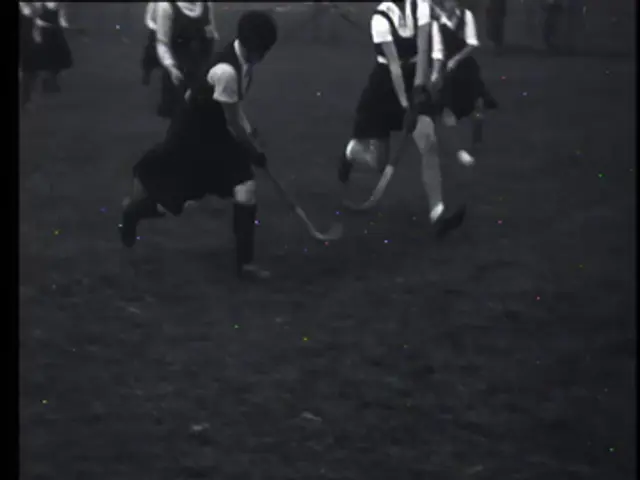Power through information is what Trump aims for, seeking increased influence over its flow
During President Trump's second term, there was a notable pattern of increased control and manipulation of government information and data. This pattern involved personnel changes, data suppression, and legal pressure on the media.
Firing and staffing cuts in key agencies
The Trump administration placed election security staff on administrative leave and fired many employees from the Cybersecurity and Infrastructure Security Agency (CISA), severely undermining its election security functions. Similarly, the Bureau of Labor Statistics and other statistical agencies faced cuts and restructuring that affected data collection and reporting.
Purging and scaling back of datasets and surveys
Websites and common datasets, including those related to public health and social disparities, were scrubbed or removed. Important programs like the National Climate Assessment had their websites shut down, volunteer scientists dismissed, and funding ended. The Census Bureau ceased efforts on collecting and reporting data on trans rights and gender identity following executive orders, halting significant survey efforts perceived as politically sensitive.
Legal threats and hostility towards the press
The administration lodged legal threats against news outlets to counter unflattering stories and increased hostility toward the press, fostering an environment of anti-journalism and undermining press freedom. This pattern aligns with global authoritarian tendencies in media control.
Suppression or withholding of internal reviews and data
For example, CISA paused election security operations pending an internal review, the findings of which were never released, leading to uncertainty about the restoration of critical cybersecurity functions.
Together, these actions reflect a concerted effort to reshape, control, or suppress government information and limit scrutiny through both administrative and legal means during Trump's second term.
Notably, media scrutiny and public pressure have made a difference in previous instances. For example, the Pentagon's anti-DEI crusade and the removal of Trump's name from an impeachment exhibit at the National Museum of American History were both reversed due to public pressure.
However, the dispute with the Bureau of Labor Statistics raises alarms about creeping authoritarianism. The labor statistics chief was fired on Friday, and the White House has lodged legal threats against news outlets. These actions underscore the importance of maintaining a free and independent press and the transparency of government data for a healthy democracy.
[1] Judge reinstates CISA election security staff but they remain sidelined. (2020). The Washington Post. https://www.washingtonpost.com/technology/2020/10/22/cisa-election-security-staff-reinstated-still-sidelined/
[2] Trump's War on Science. (2017). The New York Times. https://www.nytimes.com/2017/04/22/magazine/trumps-war-on-science.html
[3] The Trump administration's attacks on the free press. (2018). The Committee to Protect Journalists. https://cpj.org/2018/06/the-trump-administrations-attacks-on-the-free-press/
[4] Trump's War on the Census. (2018). The Nation. https://www.thenation.com/article/trumps-war-on-the-census/
- The increased control and manipulation of government information extended to industry sectors such as casino-and-gambling, with reports indicating that policy-and-legislation related to casino-games were delayed or altered during Trump's second term.
- In war-and-conflicts reporting, the administration faced criticism for withholding data related to troop deployments and defense spending, adding to concerns about transparency and accountability.
- Crime-and-justice media outlets highlighted an apparent shift in the administration's policy stance on poker, with tougher regulations proposed despite evidence suggesting a positive economic impact in certain states.
- The political implications of these moves were felt beyond the domestic sphere, as concerns regarding data manipulation and suppression were raised during international negotiations and general-news discussions.
- In a response to watchdog groups and general-news coverage, congressional committees have initiated investigations into the Trump administration's relationships with various media outlets, casino businesses, and government agencies involved in policy-and-legislation related to casino-games, crime-and-justice, and war-and-conflicts.








